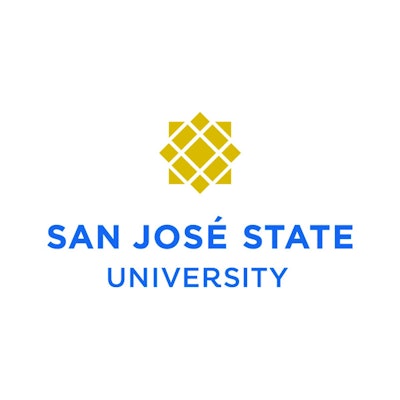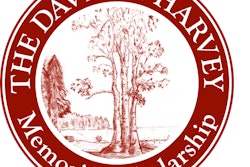
Develop a Work Plan: Identify the one or two projects to be supported and develop a comprehensive Work Plan. Utilize an existing company template to ensure uniformity across all internships or devise one for your department that can be reused and refined over time. A good Work Plan sets expectations for both parties by clearly defining engagement start and end dates and deliverables to be submitted. This company document should be shared with the intern and sponsoring university, ideally as part of the offer letter package. If necessary, it could also serve as a requirements document that substantiates college credits earned from the internship.
Prepare a Critical Skills Inventory: Based on the Work Plan details, determine the key attributes your ideal intern would possess and then carefully prioritize them. Recognize that while one candidate may not embody all of the items listed, he or she may be able to demonstrate experience with or an aptitude for the most critical skills during a conversation. This is where well-structured interview questions and a strong methodology for resume and cover letter evaluation come into play. Your seasoned human resources or talent management specialists can provide excellent input during this phase, as well as those team members who will interact regularly with the intern. Examples may include the tried-and-true: problem solving, critical thinking, communication, and interpersonal skills. However, you may also want to consider evaluating a candidate’s budding sense of innovation, entrepreneurship, sustainability, and self-study. Real-life indicators could include starting a dog-walking business, launching a recycling program at school, or even learning a foreign or computer language just for fun. Pursuits such as these reflect innate leadership qualities that can be honed.
Think Long-Term: Internships are “try-outs.” Borrow from best-selling author Stephen Covey and make an effort to “begin with the end in mind.” Consider how this individual might fit with the company culture and mesh with your team, or the team you are trying to build. Think about her activities or his interests, and contemplate the potential synergies with your five-year plan. Evaluate which skill set could be sharpened on the job or which new technologies could be researched without disrupting current team commitments. Contemplate what seeds could be planted during the internship (inspiration, accomplishment, loyalty) and what sort of gains they might reap in the future (return internship, staff hire, referral). Also be sure to plan for a thorough exit interview when the engagement ends and maintain contact with the student. Connect via LinkedIn and send quarterly emails.
A good internship takes planning and commitment. The experience can have lasting and positive impacts to all parties involved. By following the key steps outlined above you, too, can position your summer internship program for near- and long-term success.
Dianne M. Heiler ([email protected]) is an Adjunct Professor at San Jose State University’s School of Nutrition, Food Science and Packaging.

























